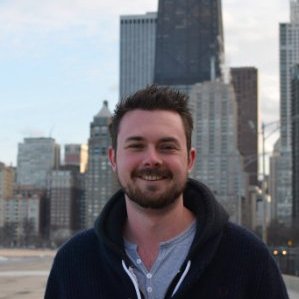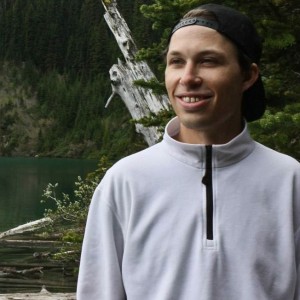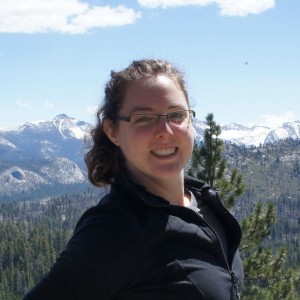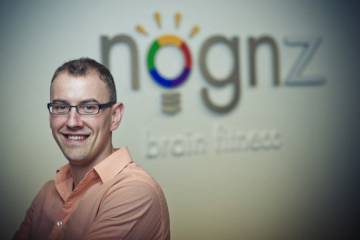
Educational Background
- BSc Honors cell biology University of Western Ontario (2004)
- MSc Neuroscience UBC (2006)
- PhD Human Kinetics UBC (2010)
How did you get into research?
In my last year of undergrad, a visiting researcher from the University of Toronto visited our class at UWO and delivered a lab class on C.elegans (a microscopic nematode worm). Using fluorescent microscopy, we were able to literally watch developing neurons grow axons in-vivo… I was hooked. Watching a neuron grow and form connections is still one of the most fascinating things I have ever seen.
Why did you continue to pursue research?
Research is not for everyone, but for me… it was an opportunity to be on the front lines of science and a road to greater understanding of the natural world around us.
What did you find most valuable about your graduate experience?
Grad school is freedom! You get to follow your own schedule, design and plan your own experiments and make a contribution to the research. In the end, it may only be one small contribution you make, but every drop in the bucket counts.
Tell us what you think about attending conferences?
Attending conferences is a huge perk that comes along with the freedom of grad school. You get to meet first class researchers from around the world, learn from them and ultimately make connections that are going to help you in your career.
How did you start working for Nognz?
When I finished my PhD, I knew I needed to take what I had learned in the laboratory and apply it outside the halls of academia. I was introduced to a team of technology entrepreneurs who needed someone with expert knowledge in the field of neuroscience and luckily, I fit the bill.
A little bit about Nognz
The brain is the single most important tool we use each and every minute of each and every day. At nognz, we have created workshops and interactive on line tools to teach people more about their amazing brains and what they can do to keep their brains healthy and thriving. We mainly work with corporations to support their wellness initiatives and leadership development programs. Teaching people about the brain and the amazing research that is going on in labs just like the one I did my work in is an incredibly rewarding experience.
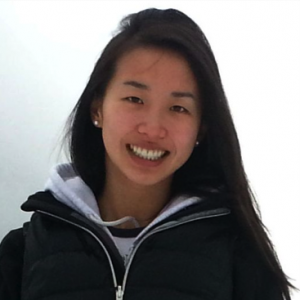
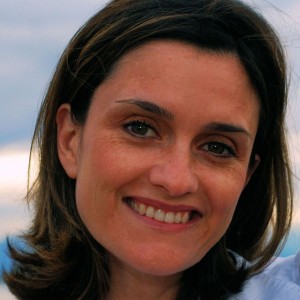
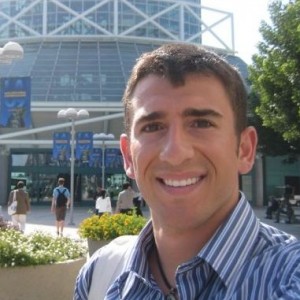 Supervisor: Dr. Mark Beauchamp
Supervisor: Dr. Mark Beauchamp